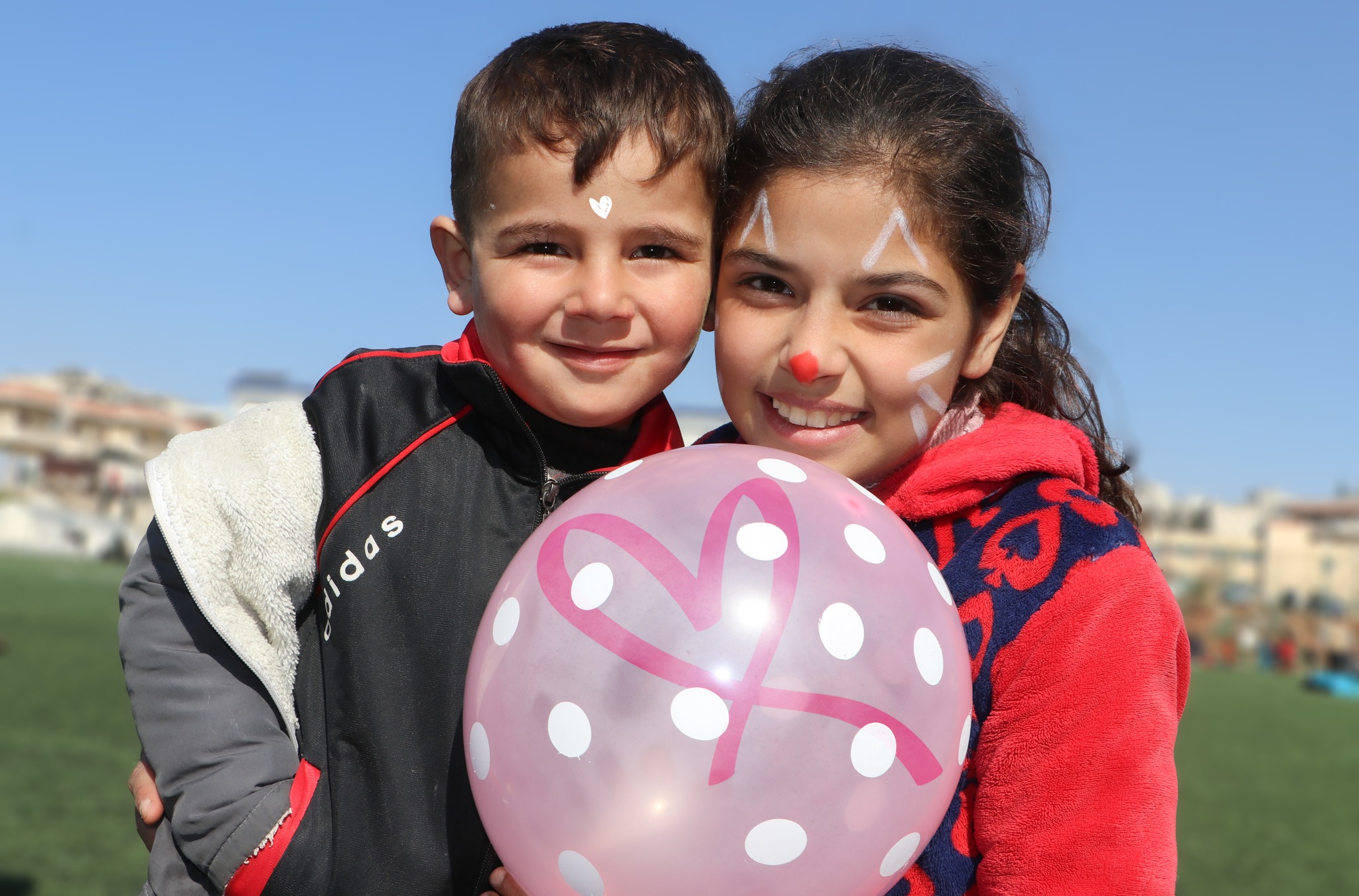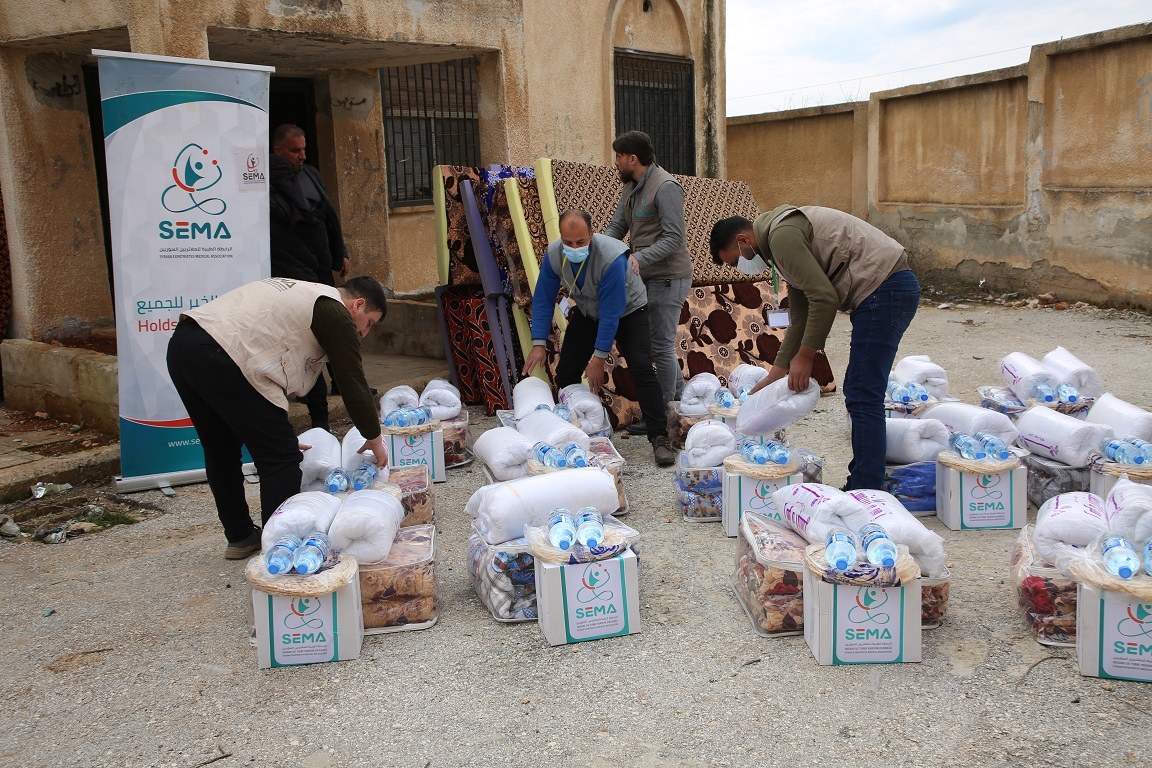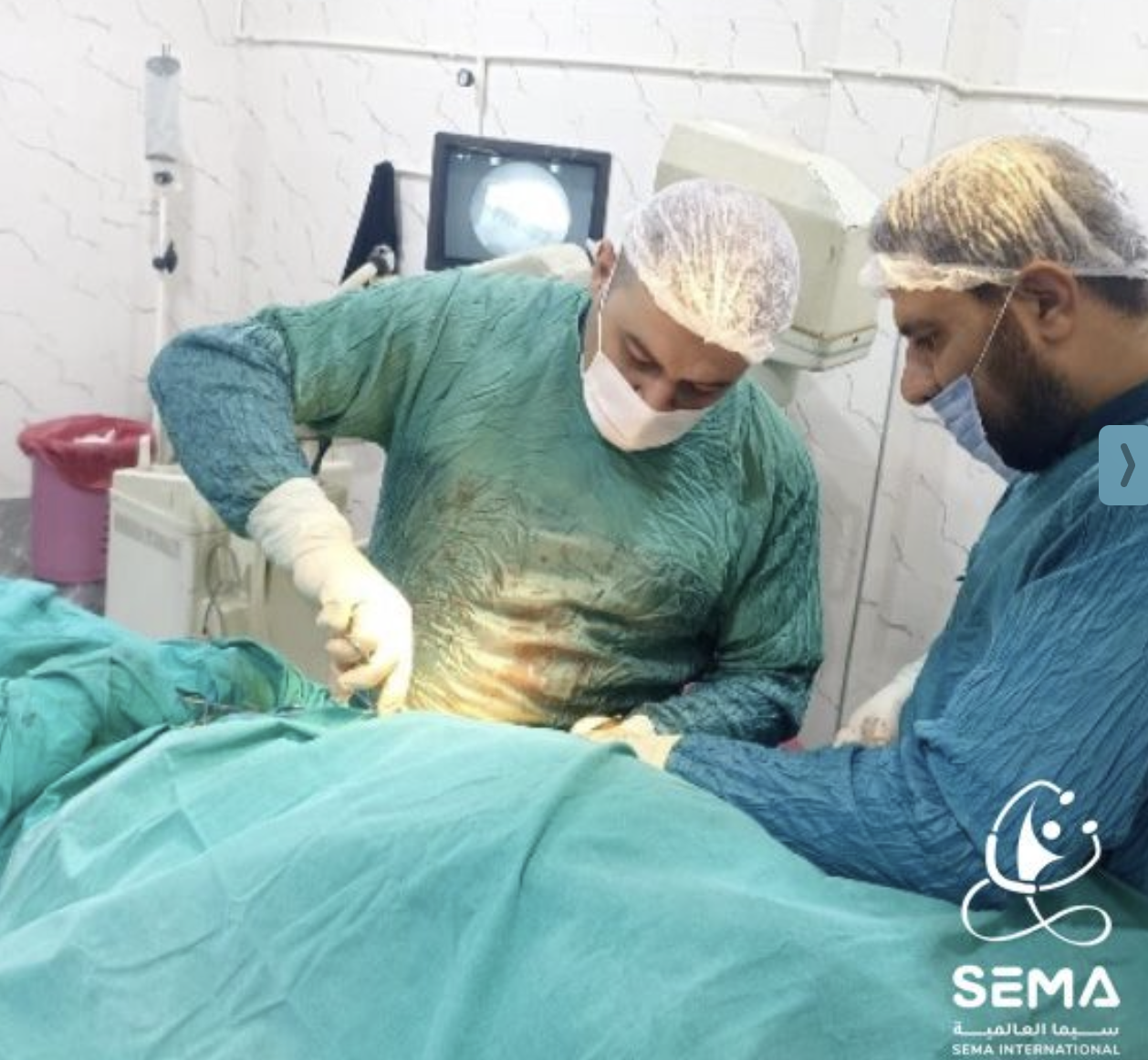What is sadaqah?
Sadaqah is a voluntary act of charity in Islam and there is a lot of benefits in giving sadaqah. It is a way to give back to the community and to help those in need. Sadaqah can be given in any amount, at any time, and to anyone. It can be given to individuals, families, or organizations.
There are many different ways to give Sadaqah.You can give money, food, or other goods. You can also volunteer your time or skills, in this article we will focus on the 7 benefits of giving sadaqah.
The seven benefits of giving Sadaqah
Spiritual Growth
Giving Sadaqah is a powerful way to connect with the Divine and enhance one’s spiritual growth. It allows individuals to develop a sense of compassion, empathy, and gratitude. By giving to others, Muslims can purify their intentions, strengthen their faith, and draw closer to Allah. Sadaqah can also help individuals to overcome negative emotions like greed, selfishness, and arrogance, fostering a sense of humility and contentment.
Muhammad,(P.B.U.H) said: “When a man dies, his deeds come to an end except for three things: Sadaqah Jariyah (ceaseless charity); a knowledge which is beneficial, or a virtuous descendant who prays for him (for the deceased).” (Muslim).
Protection from Calamity
The Prophet Muhammad (peace be upon him) said, “Charity extinguishes sin as water extinguishes fire.” Giving Sadaqah is believed to be a form of protection from calamities and misfortunes. It is thought to ward off evil, attract blessings, and safeguard oneself and one’s loved ones from harm. By giving generously, Muslims can seek refuge in Allah’s mercy and protection.
Eternal Rewards
Sadaqah is not only a means of helping others in this life but also a way to secure eternal rewards in the afterlife. Allah promises to multiply the rewards of those who give Sadaqah, even a small amount. The Prophet Muhammad (peace be upon him) said, “The best charity is that which is given secretly to the needy.” By giving Sadaqah discreetly, Muslims can earn greater rewards without seeking recognition or praise.

Support for the Needy
One of the primary purposes of Sadaqah is to support those in need. This includes the poor, the sick, the orphans, the widows, and those who are struggling to make ends meet. By giving Sadaqah, Muslims can alleviate suffering, provide essential necessities, and empower others to improve their lives. Sadaqah can take various forms, such as donating money, food, clothing, or time.
Building Community
Sadaqah can help to build strong and cohesive communities. By giving to others, Muslims can foster a sense of belonging, solidarity, and shared responsibility. Sadaqah can also help to bridge social divides, promote understanding, and create a more compassionate and just society. By working together to support those in need, Muslims can strengthen their bonds with each other and their communities.
Abu Dharr narrated that the Prophet ﷺ said, “You putting some of the water from your bucket in your brother’s bucket is sadaqah“. You removing stones, thorns and bones from people’s path is sadaqah
Peace of Mind
Giving Sadaqah can bring a sense of peace and tranquility to the giver’s heart. It can help to relieve stress, anxiety, and depression, promoting a positive and optimistic outlook on life. By focusing on the needs of others, Muslims can shift their attention away from their own problems and find greater happiness and fulfillment.
Prophet Muhammad (P.B.U.H) said, “Protect yourself from hell-fire even by giving a piece of date as charity.” (Al-Bukhari and Muslim)
Mercy and Compassion
Sadaqah is a manifestation of mercy and compassion, two of the most important attributes of Allah. By giving Sadaqah, Muslims can emulate the mercy and compassion of Allah and demonstrate their love for their fellow human beings. This can lead to a deeper understanding of the importance of empathy, kindness, and forgiveness.
Sadaqah occurs thirteen times in the Qur’an; five times as Sadaqah, and eight times as its plural. Sadaqah is a very wide term and used in the Qur’an to cover all kinds of charity.
“You will not attain to piety until you spend of that which you love” (Surah Al’Imran, 92).

How to Give Sadaqah Effectively with SEMA?
SEMA is a leading charity that provides a convenient and secure platform for giving Sadaqah. You can choose one of our campaigns to donate your sadaqah through this link : Click Here
FAQ‘s
What is the difference between Sadaqah and Zakat?
Both Sadaqah and Zakat are charitable acts in Islam, yet they serve distinct purposes and have different guidelines. Zakat is a mandatory form of charity required of Muslims who meet certain wealth criteria. It involves giving 2.5% of one’s savings to those in need and is considered one of the Five Pillars of Islam.
Zakat is calculated and given annually to purify wealth and redistribute resources within the community.
Sadaqah, on the other hand, is voluntary charity. It can be given by anyone at any time, in any amount, and for any cause. Unlike Zakat, there is no minimum or fixed percentage, and Sadaqah can go beyond financial aid, encompassing any act of kindness, such as sharing knowledge, smiling, or helping someone in need.
Can anyone give Sadaqah
Yes, anyone can give Sadaqah, regardless of financial means or religious affiliation. While commonly practiced by Muslims, the concept of Sadaqah encourages acts of goodness and kindness from all individuals. Even those with limited financial resources are encouraged to contribute in non-monetary ways, such as offering their time, skills, or simple acts of goodwill.
What are some examples of Sadaqah?
Sadaqah comes in many forms, not just monetary. Here are some examples:
Financial assistance: Giving money, food, or clothing to someone in need.
Volunteering time or skills: Teaching a skill, tutoring, or offering professional services for free.
Offering emotional support: Being there for someone in times of difficulty, offering words of encouragement, or listening to someone who needs support.
Environmental care: Planting a tree, cleaning a public space, or feeding animals.
Acts of kindness: Smiling at others, removing obstacles from a path, or helping someone carry a heavy load.
In Islam, even small actions can be considered Sadaqah as long as they are done with sincerity and good intentions.
Is there a specific time or day for giving Sadaqah?
No, there is no specific time or day for giving Sadaqah. It can be given at any time and is encouraged as an ongoing habit. While some may prefer to give during religious occasions like Ramadan, Fridays, or special days of remembrance, Sadaqah is welcome and appreciated year-round. The flexibility of timing makes it easier for people to give whenever they are moved to help or see someone in need.
Is it better to give Sadaqah to individuals or organizations?
The choice between giving Sadaqah to individuals or organizations depends on the giver’s intentions and resources. Both approaches have their benefits:
Individuals: Directly helping individuals allows for a more personal connection and can provide immediate relief. For instance, aiding a neighbor facing financial hardship or supporting a struggling friend fosters community bonds.
Organizations: Donating to organizations, particularly reputable charities, allows funds to reach a larger number of beneficiaries and can support more complex, long-term projects like building schools, healthcare services, or disaster relief. Organizations often have the infrastructure to manage and distribute donations effectively.
Ultimately, the best choice depends on the giver’s goals. Some may prefer direct impact with individuals, while others may trust organizations to make broader, systemic changes.
Read More:
- Zakat on Real estate
- Understanding Zakat
- Donate with Purpose: Sadaqah for Illness at SEMA
- Sadaqah in Islam: The Importance of Charity in Islam





